win- to get possession of by effort or fortune; to be the victor in
The word ‘win’ has quite a few meanings: to marry, to find ore as in mining, and most commonly, it means to be victorious. Usually we think of victory or winning in black and white terms, I win AND you lose. This is what drives the competitive spirit, it is not enough to do a thing, you must do it better than someone else and this other person must accede that you are better. There is not room for two on the winner’s podium. Blades of Glory showed us what happens when there are two people at number one. The killer instinct in the competitive human drives us to claw our way up, to push ourselves hard mentally and physically, and to have the discipline to do it every day. There are aspects of the character of being a winner that embody the brute. As yin to the competitive yang, not all of us enjoy winning if someone else has to lose. I am one of those yin-like people.
I would cheer for my kid’s soccer team, naturally, but I really preferred if the score could end in a tie. Although now that if think on it, i am remembering one game that was a tie and went into an overtime thing where the goalie had to defend against a kicker and it was harsh to watch our tiny goalie defend against a Goliath of a kicker. I’m still carrying scars from the nail-biter that was that game.
For me, and others like me, the true win is when both participants feel happy. Cooperation is what feels victorious, not crushing an opponent. If I have to beat you, then I have not really won. For us cooperatives, there is plenty of room on the podium and standing up there alone is the actual loss.
It may come, then, as no surprise that I do not have a very big competitive streak. Not even behind the steering wheel in a crowded parking lot. If someone were to steal a spot I was waiting on, I might cuss and feel irked but I don’t feel like they won and I lost. Maybe the mama bear in me will loom up and I’ll feel disappointed in that person for not being a sharing type and being selfish, but then I find a different spot and let it go (with maybe a bit of side-eye to the person if I see them in the store). Conversely, if there has been a long line to turn, as with the US 59 and 610 exchange in Houston, and you come and try to nose in at the last minute to avoid having the wait, I will rather scrape the paint off my car than let you cut in front of me, because cutting in line is not cooperative. Cutting in line is a winner-loser mentality and I will defend cooperation by winning against you. See, there is a small bit of brute in all of us.
I do enjoy playing some games, but mostly group games that involve cooperation, no surprise there. Apples to Oranges and CodeNames are two favorites for group play. Remember when we could have groups? A commonality of these games is to decipher, they are not strategic. Strategy means, in my dictionary, to plan out in advance how you are going to beat someone so that you win and they lose. Strategy is the antithesis of cooperation. And this explains why I have never been good at chess. And I was okay with that.
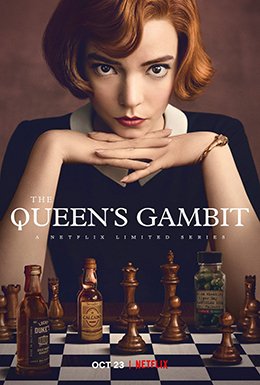
Then I watched The Queen’s Gambit, like most of America, and fell in love with the classic Hero’s Journey told against the backdrop of chess. Now this alone did not encourage me to start playing, but when my aunt gifted me a year of MASTERCLASS, thank you Aunt Honey, and she mentioned that she was going to enjoy the chess class among others, that is when I got to thinking. Could I become good at chess? Could a cooperative become a competitive? Could Garry Kasparov lead me to the point that I want to stand alone on the podium, having crushed another person, having made them into an opponent rather than a friend?
Come along on this journey with me to learn whether the killer instinct is made or born.
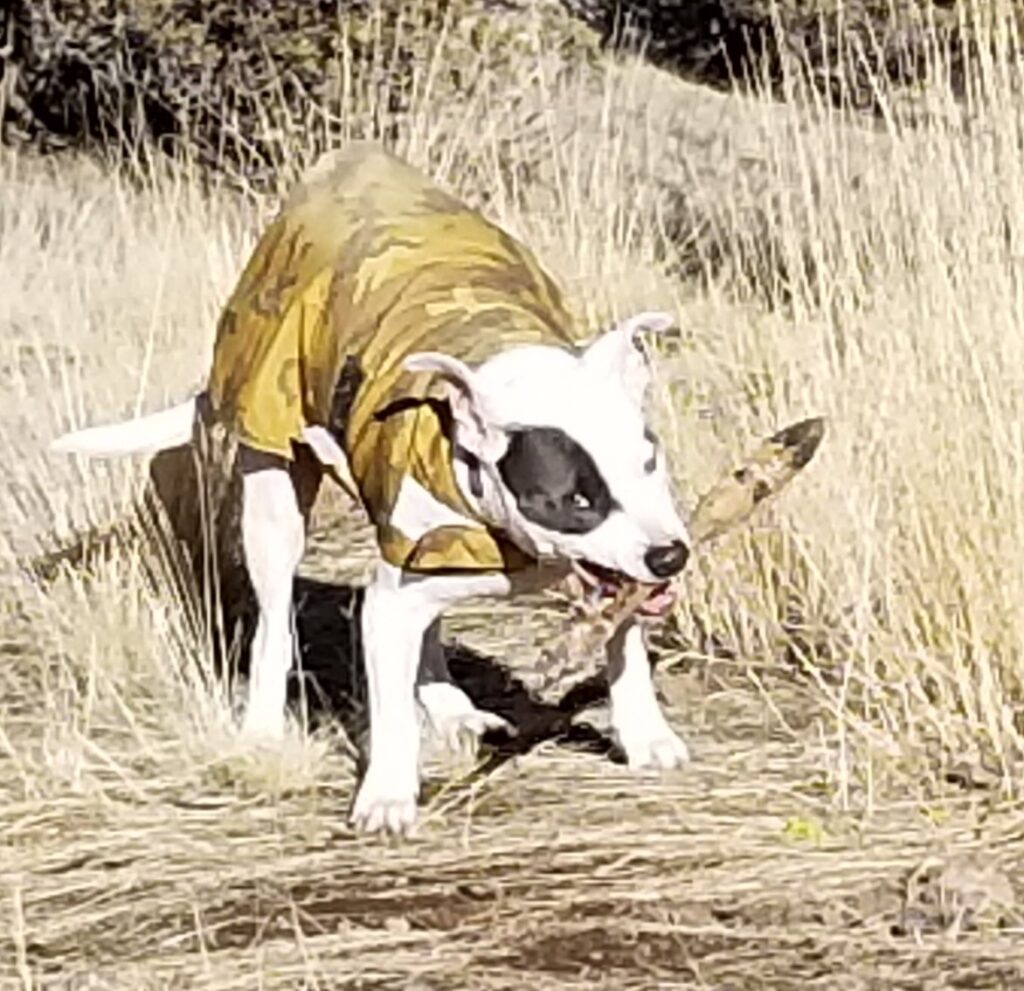
I also downloaded the chess.com app to play the game. Even though I know how each piece moves, I am using their app to start at the beginning. I have decided to dedicate time each day to learn and play at least one game. At the end of three months, will I be better at chess and, more importantly, will I enjoy beating an opponent?
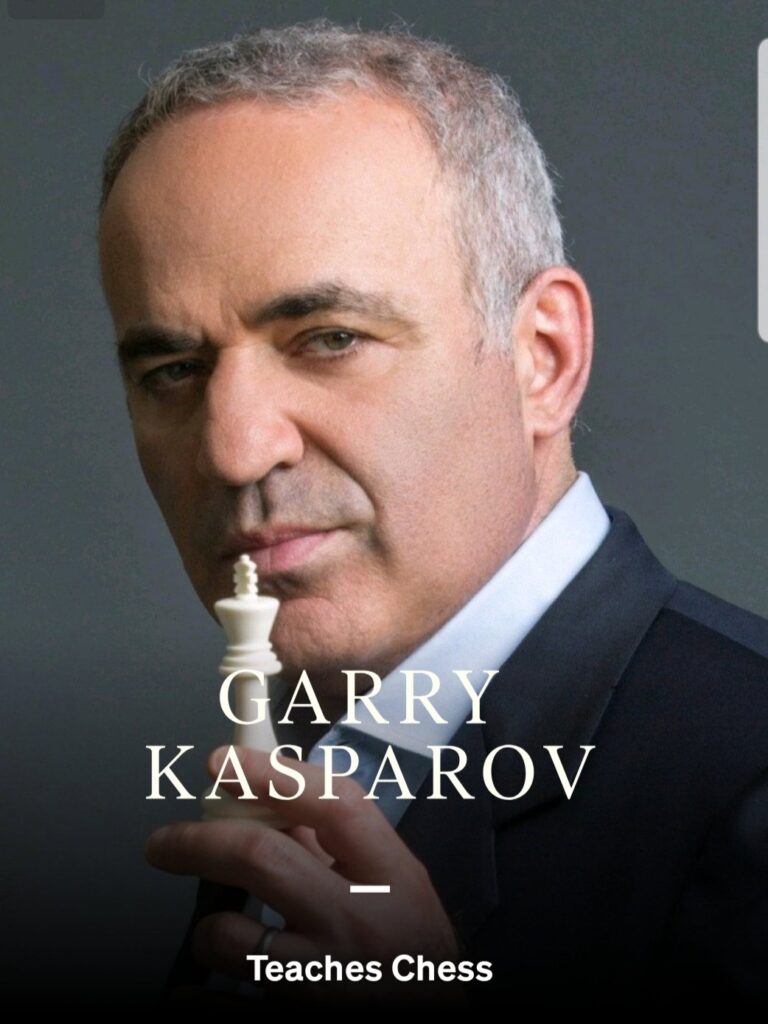
At the beginning of Garry’s class, he discusses the qualities in the player, watch your opponent, take care of yourself, and what was most intriguing, that the ability to work hard is a talent. I loved this insight, especially because I can work hard. Actually, we all can when we want something. However, it is hard to work towards something you don’t really want, i.e. to become competitive, but I do like to work hard to develop talents. And so I realize, or I hope anyway, that the talent to be strategic and competitive can be a tool. It doesn’t have to take over my life and turn me into one of those people who always has to measure their self-worth by how many people are standing below them. Improving strategy could mean I will become better at knowing when to bring out certain talents to achieve my goals of everyone being cooperative. See, I have no problem holding dichotomies, it’s one of my talents.
So here is what I have learned so far from Garry Kasparov*, chess Grand Master, and from chess.com
Each piece has a value, some like the queen are more powerful and some, like the pawn, are less powerful, but each piece has value. The pawns are not to be thrown away willy-nilly, they are actually vital contributors to the game. Aspects of compassion and cooperation as a group are already evident. Oh wait, I am using my group to beat the other group so now I merge cooperation with competition. Dichotomies abound.
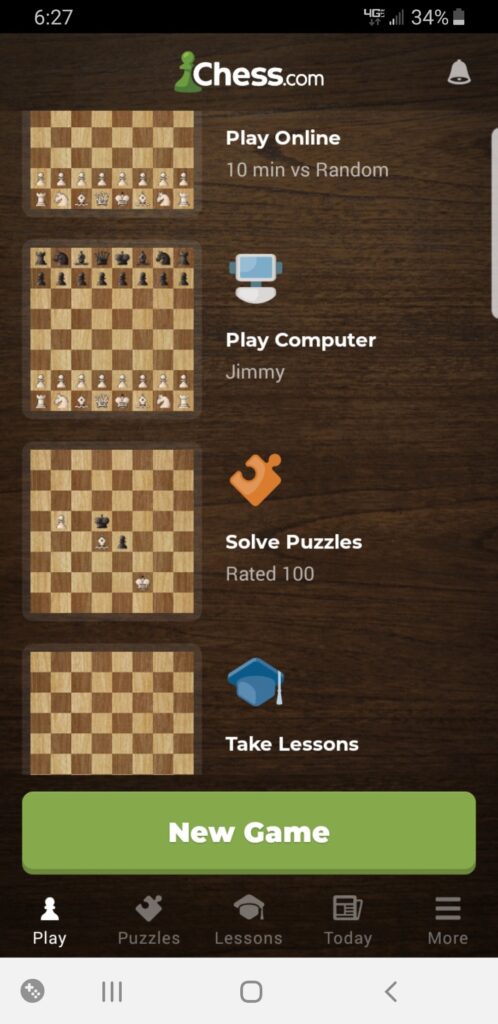
Now apparently there is a rating one gets as a player and chess.com tracks it for you. I played two games on the chess.com app against the computer, “Jimmy- Friendly” who is supposed to be pretty easy. The first game was played before watching any Masterclass or taking a lesson on the chess.com app and the second was played the next day after watching a lesson on each. The first game was just like the few I’d played as a teenager, I got trounced. What was worse is the app has these notes at the top of the screen to tell you if you made a good move or if you just lost everything. “Blunder? WTF you mean? How can you know that move was a blunder, chess.com? Just save your trash-talk for someone who even gives a damn.”
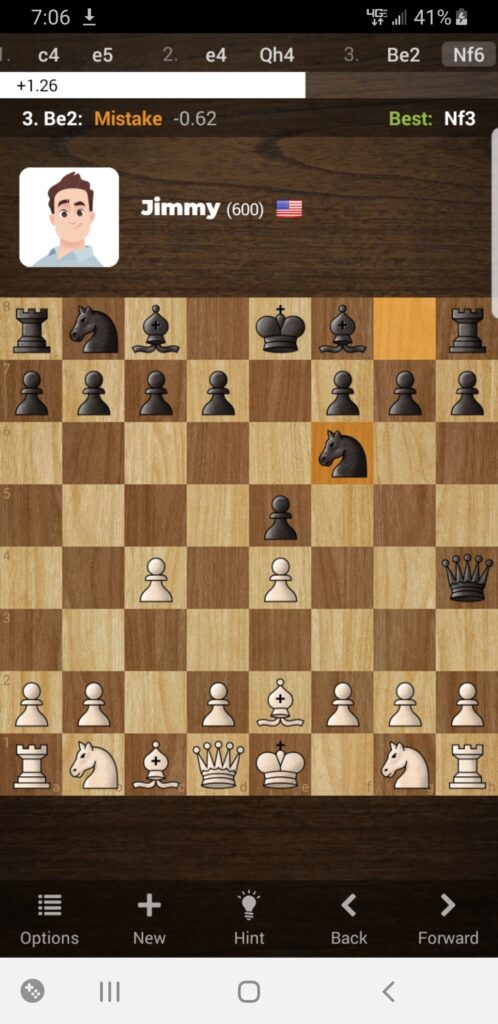
The second game was better. I took some of the lesson advice like, “take control of the center of the board,” and “don’t move a piece twice” and even though I didn’t quite understand these tactics, I followed them. I started to see how there can be patterns to recognize in the game. Have you ever done a Rubik’s Cube? Okay, not messed one up but fixed one to where the colors all matched up again? If you have, then you know about recognizing patterns and then executing a series of moves to achieve the goal. So chess is kinda like that, I think, except someone can come in and mess up the pattern, I suppose. Anyway, I won the second game. The cool think about playing on this app is that you can go and replay the game, step by step, and see the blunders, good moves, and the recommended moves that you should have made instead. It was shocking to see how many times I could have had checkmate before I did and also the few times that Jimmy-Friendly could have had me in mate. Luckily, it does not appear that the computer games count towards the real game play.
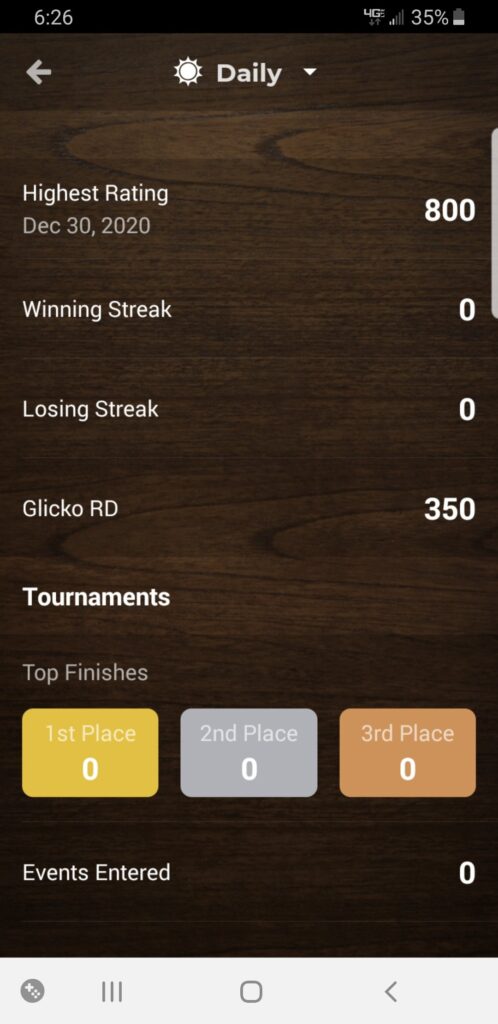
To start off, you are given a ranking. Mine is 800. It reminds me of a teacher who had addressed the class on the first day and said, “Each of you has an ‘A’ in this class. It is up to you to keep it.” So I am given an 800. Another starting rank can be 1000, I think that is for people who start the chess.com app and describe themselves as experienced. On chess.com the ratings help to ensure you play others who are similarly experienced so that you can each enjoy and learn from the game. If you are pretty cocky and play someone way better in rank than you and win, your rank will go up much more than if you win against someone of a rank equal to yours. Chess.com gets very mathy with the whole ratings thing, even adding in a confidence score. So nerdy.
So far that is all I know about chess. Will I discover a latent competitive streak and extraordinary pattern recognition that has heretofore eluded me? Will I find myself climbing the rank and file (that’s a chess joke that I just made up because the board is gridded like a spreadsheet with rows being rank (letters) and columns being file (numbered))? If you play chess, please do leave a comment with your best tips and stories. If you play on chess.com then come look for me, yippikiyo, and let’s play a game. If, that is, you are a beginner. There’s little sweetness in a victory when the odds are stacked.
*Garry Kasparov became the youngest chess champion at age 22 and ruled the chess world for over two decades. He also shares my political views.

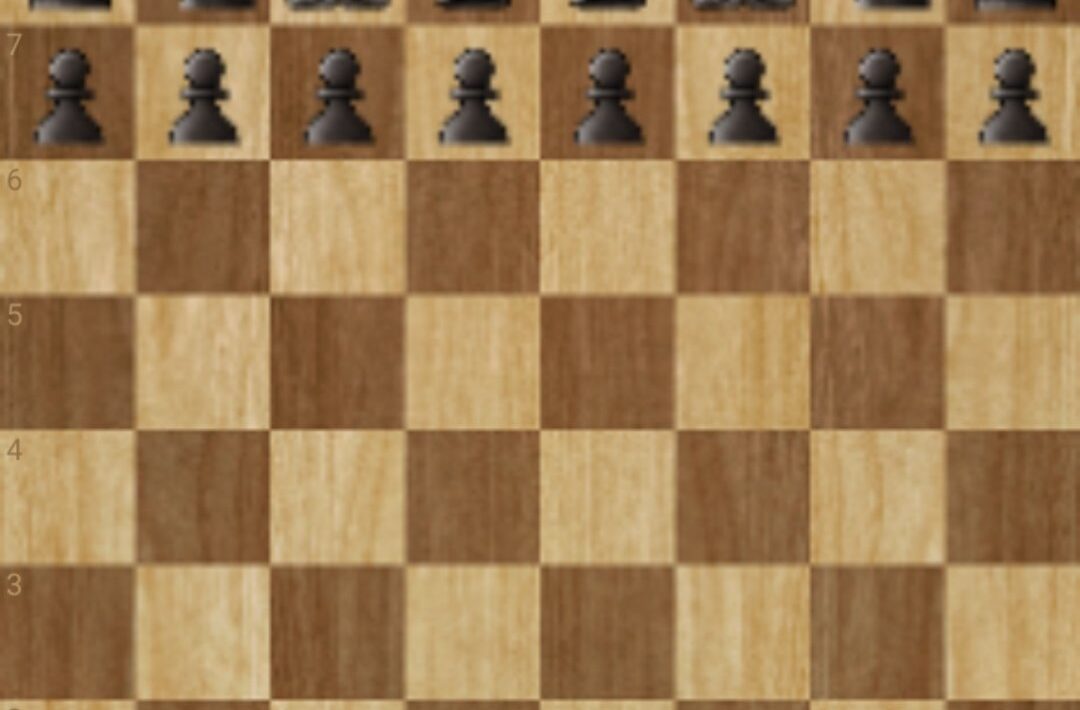
What’s that you say?